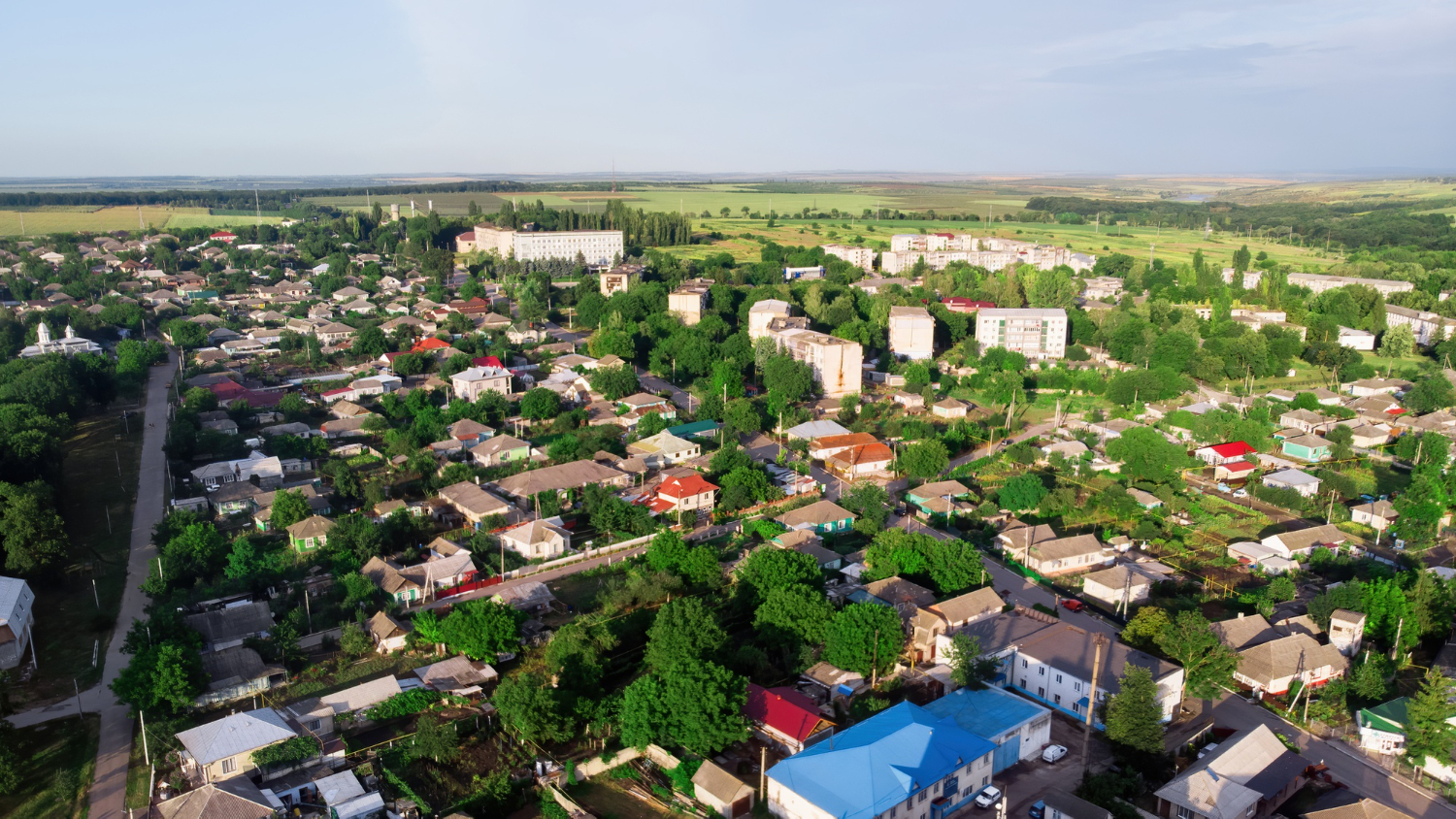
Real estate market updates of Nigeria
Real estate in Nigeria is a dynamic and growing sector that plays a significant role in the country's economy. In recent years the real estate market has witnessed considerable changes. Like, Housing Policy Reforms: In recent years, the Nigerian government has implemented various policy reforms aimed at addressing the housing deficit and promoting affordable housing. These initiatives include the National Housing Programme, the Family Homes Fund, and the Mortgage Refinance Company. Real Estate Technology: The adoption of technology in the real estate sector has been increasing in Nigeria. Online real estate platforms and mobile applications have gained popularity, making it easier for buyers, sellers, and renters to connect. This digitization has streamlined property transactions and improved market transparency. Infrastructure Development: Infrastructure projects, such as road construction, rail networks, and airport expansions, have continued to impact the real estate sector positively. Improved infrastructure attracts real estate investments and enhances the value of properties in those areas. Co-working Spaces: Co-working spaces and flexible office solutions have gained popularity in Nigerian cities, especially Lagos and Abuja. These spaces cater to startups, freelancers, and small businesses, providing them with affordable and flexible working environments. Increased Foreign Investments: Nigeria has seen an influx of foreign investments in its real estate sector, particularly from institutional investors and real estate development companies. These investments have contributed to the development of luxury residential properties, shopping malls, and commercial buildings. Real Estate Regulation: The Real Estate Regulation Act (RERA) was introduced in Lagos State to regulate real estate transactions, protect buyers' interests, and maintain professional standards in the sector. Other states in Nigeria are also working on similar regulatory frameworks. Affordable Housing Initiatives: The government and private developers have launched various initiatives to address the affordable housing gap in Nigeria. These programs aim to provide low-cost housing options to low-income earners through mortgage schemes and cooperative housing projects.